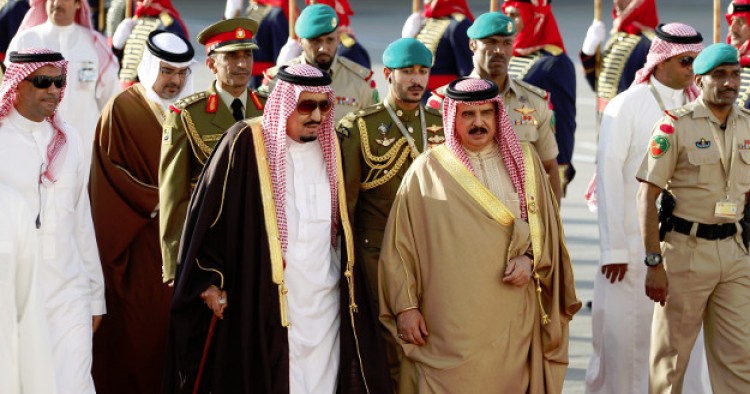The former Iranian ambassador to Doha says the latest Gulf crisis has provided Iran and Turkey an opportunity to expand their ties with Qatar at the expense of Saudi interests. In an interview with Tasnim News Agency, which is affiliated with the Islamic Revolution Guards Corps, Abdollah Sohrabi said Iran should take advantage of the widening gulf between Qatar and Saudi Arabia by boosting its economic and trade ties with Doha. “Qatar has invested $110 billion to organize the World Cup, and we will try to have a share in this market,” he emphasized.
The Iranian diplomat also claimed that Ankara would distance itself from Riyadh and tilt more toward Doha. “Disappointed by a lack of expansion of ties with the European Union and faced with the Syrian war in its neighborhood, Turkey is trying to play a more serious role in the region. It will abandon Saudi Arabia and will tilt toward Qatar,” he stressed. “The Turkish parliament also approved the country’s military presence in Qatar so as to have a more prominent role in the region. Turkey and Qatar also have a lot of religious commonalities and they share the same view on Palestine,” he added. Sohrabi further noted that Turkey’s tourism industry has been hit hard recently and the Qatari market provides an alternative source of revenue to the Turkish government.
Comment: Tehran is perhaps the biggest beneficiary of the latest dispute between Qatar and other Gulf states. After President Donald Trump’s visit to Saudi Arabia and Israel last month, Tehran was alarmed that Washington was creating a strong new security alliance of regional Sunni states to push back against Iran’s growing influence in the Middle East. But Iranian leaders are now delighted to see the widening rift Washington’s Gulf allies and hope the tension will weaken the U.S.-supported Arab coalition and bring Qatar closer to Tehran
Tehran is also trying to exploit the Gulf crisis by bolstering its trade and commercial ties with Qatar. According to Tasnim News Agency, Iran has already started delivering food to Qatar, which is facing a blockade - by air, sea and land - by Saudi Arabia and its allies. The Islamic Republic has also opened its airspace to Qatari flights and will probably seek closer cooperation with Doha in Syria and other regional conflicts. The two countries may also forge closer trade and economic relations as they share the management of the world’s largest gas field in the Gulf region.
The Middle East Institute (MEI) is an independent, non-partisan, non-for-profit, educational organization. It does not engage in advocacy and its scholars’ opinions are their own. MEI welcomes financial donations, but retains sole editorial control over its work and its publications reflect only the authors’ views. For a listing of MEI donors, please click here.













